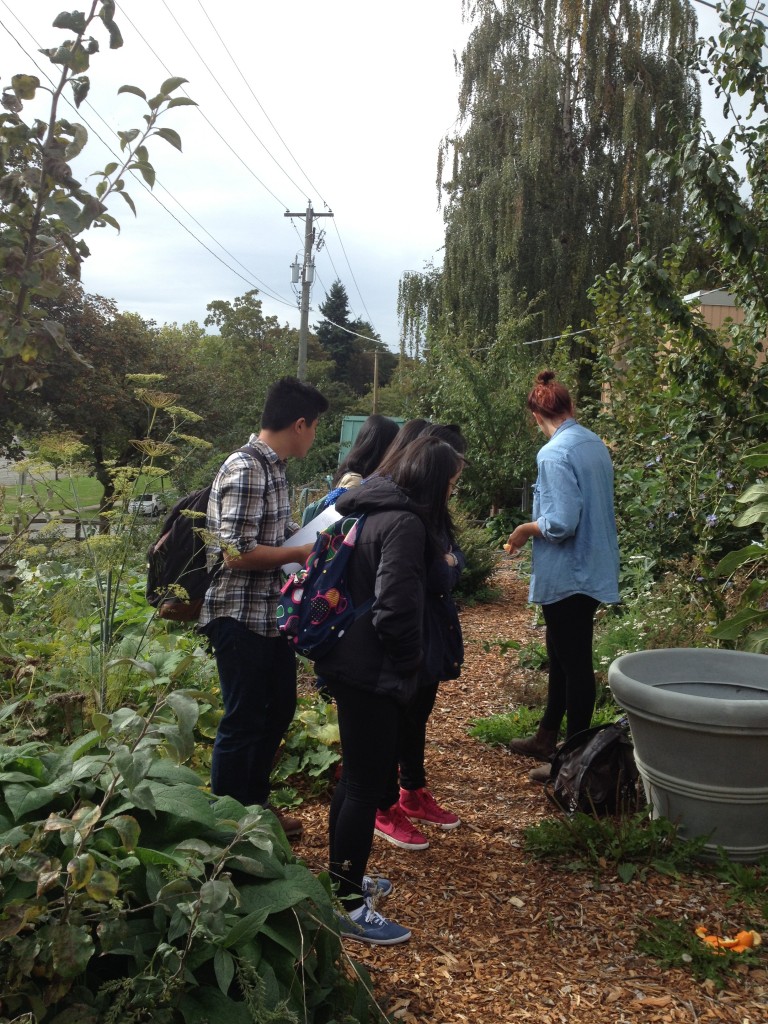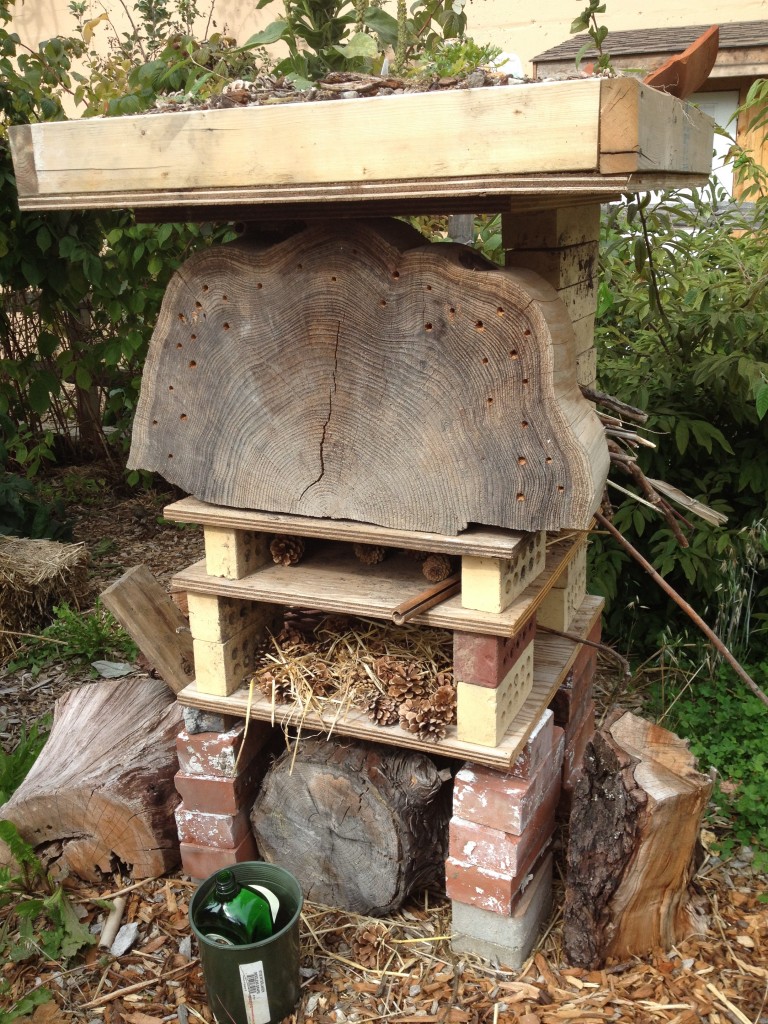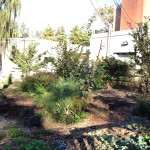
Find our group introductions here: Click here!
Group interests, Goals, Reasons for choosing project, and What we wish to gain
Given our introductions, it is clear that collectively, our group is very interested in raising awareness for food security, nutrition, and healthy lifestyle issues. We wish to raise awareness of these topics through teaching children and adolescents. We were quite specific about teaching children and adolescents, although not excluding adults, because they are the future and what they learn at a young age, will impact how they live their lives in the future and also, the world.
Our goal is to be able to develop skills that can enhance our ability to communicate our concerns and knowledge about food security to children and the general public. Another is that we wish to gain more knowledge about Vancouver’s food needs and what it takes to make change in this city. We are aware that Vancouver and the Lower Mainland area is a very culturally diverse region. Therefore, another goal of ours is to solve food security, nutrition, and healthy lifestyle issues in a way that is culturally acceptable and not offensive to any of Vancouver’s diverse ethnic groups. With these interests and goals in mind, we chose the Garden Gaps project taking place in Hastings Sunrise.
This ethnically diverse community is a great area to act as a model of what a larger Vancouver region might be like. As well, this project involves the BC education curriculum, and since we are all interested in teaching children and adolescents about food issues, we saw this as a great opportunity. Along with working with many diverse people, the ability to work on a community garden is a great first-hand experience and having to attend the Sustenance Festival is an event that we are all excited about. What further aided our guidance in choosing our project was organizing goals that aligned with our own personal goals and interests. Through LFS 350, we hope to gain a better understanding of what Vancouver’s current needs are, what people and organizations are doing about it now, and what Vancouver needs for the future. We are also hoping to develop skills such as teaching and organizing that is relatable to each of our degrees and furthering our knowledge in issues that we are passionate about.
About Our Community Partner
 Our community partner, the Hastings Sunrise Community Food Network (HSCFN) was formed in 2012 out of a mission to “connect and support the Hastings Sunrise community, towards the access of healthy, affordable food.” Fast forward to today – HSCFN is now a part of Vancouver’s Greenest City action plan and “is a strategy to increase the city’s overall access to local food.” HSCFN boasts “a rich and long history of food programs and activities at local community centres and neighbourhood houses” – some of which include educational workshops, food festivals, community meals, and garden initiatives (Hastings Sunrise Community Food Network, 2015). This past Wednesday, our group had the pleasure of visiting Kim, the HSCFN garden coordinator at our main project site – the HS Community Learning Garden.
Our community partner, the Hastings Sunrise Community Food Network (HSCFN) was formed in 2012 out of a mission to “connect and support the Hastings Sunrise community, towards the access of healthy, affordable food.” Fast forward to today – HSCFN is now a part of Vancouver’s Greenest City action plan and “is a strategy to increase the city’s overall access to local food.” HSCFN boasts “a rich and long history of food programs and activities at local community centres and neighbourhood houses” – some of which include educational workshops, food festivals, community meals, and garden initiatives (Hastings Sunrise Community Food Network, 2015). This past Wednesday, our group had the pleasure of visiting Kim, the HSCFN garden coordinator at our main project site – the HS Community Learning Garden.
***A little information about the garden: The HS Community Learning Garden is a self-sufficient learning garden which follows a permaculture method. This garden project also launched in 2012 and has been funded mainly through grants from Evergreen and renting out the community centre’s parking lot to PNE (which conveniently is located right across the street). Today the garden is home to many assets including an insect house, several fruit trees, vegetables, and raspberry bushes. Plans are currently in place for building a compost system and a water barrel which would collect rainwater from the community centre’s roof and act as a natural irrigation source. The garden is maintained by different groups of volunteers periodically and as a thank-you, volunteers get to take home harvested products! To date, major challenges of the garden project include: a lack of connection to the surrounding neighbourhood, a lack of involvement by the community’s residents (possibly due to language barrier from Asian & Indian populations), and poor attendance of paid workshops (Kim Garcia, personal communication, September 23, 2015). Despite this, there are still a bountiful of positive things that outweigh the bad!

Project Objectives
The HSCFN garden project aims to promote food sovereignty and food security in the Hastings Sunrise community by “collaborating and sharing its collective knowledge and expertise” (Land, Food, and Community II, 2015).
To assist HSCFN in achieving this goal, our group plans on:
- Talking to people involved in nearby/local community gardens/organizations to determine each garden’s strengths
- Disseminating collected information and find emerging themes
- Based off emerging themes, make recommendations to improve program development and implementation for the Learning Garden, and to maximize opportunities for participation by community residents
Review the BC school curriculum to identify how gardening education can be integrated
*Based on discussions with Will, our group has decided that although highly interesting, reviewing the BC school curriculum to identify how gardening education can be integrated may perhaps be beyond the scope of our project.
First Impressions of Process to Date
Dr. Ernesto Sirolli’s TED Talk was definitely an important video to help our group with our upcoming project. It was a great reminder that although we are all UBC students and are privileged to learn in a university, that does not give us the right to instruct or boss the local people in the community. Dr. Sirolli (Sirolli, 2:45) told a story of his group that grew tomatoes in Zambia, however, hippos had come out of the river and destroyed all of their crops. The Zambians explained that is why they do not have agriculture to which Dr. Sirolli asked why they did not tell them, they simply responded, “You never asked” (Sirolli, 2:55). This reminded me, as with the title of Dr. Sirolli’s TED Talk, that we should literally “shut up and listen”. People know their community the best. According to the principles of Asset-Based Community Development, “Citizens of the community, rather than external experts, are at the centre of development” (Land, Food, and Community II, 2015). This short but effective video taught us all that we should first hear the needs of the people and work together with them. We should not force our ideas upon the people we are helping because more often than not, we are actually doing the opposite!
Taking these lessons into consideration and our first meeting with Kim under our belts, we are well on our way – though still a long way to go – to completing our project! No matter how nervous or anxious we may get as we progress along, and no matter the number of bumps we are sure to encounter, we will constantly remind ourselves to listen first, act second, and focus on all the assets and resources that our community partner has (rather than look at what they might be lacking in). Onwards and upwards!
Works Cited
Hastings Sunrise Community Food Network. (2015). Who we are. Retrieved from http://hscfn.com/who-we-are/
Land, Food, and Community II. (2015). Garden Gaps and SWOT: The vision for growing food in Hastings Sunrise. Retrieved from http://lfs-350a.sites.olt.ubc.ca/community-projects/2015-fall-project-description/2015-fall-project-4/
Land, Food, and Community II. (2015). Session 2 – Community Food Security + Asset-based Community Development. Retrieved from http://lfs-350a.sites.olt.ubc.ca/session-notes/term-1-session-notes/session-2/
Sirolli, E. (2015, September 22).“Want To Help Someone? Shut up and Listen!” [Video file]. Retrieved from <https://www.ted.com/talks/ernesto_sirolli_want_to_help_someone_shut_up_and_listen?language=en#t-164057>
